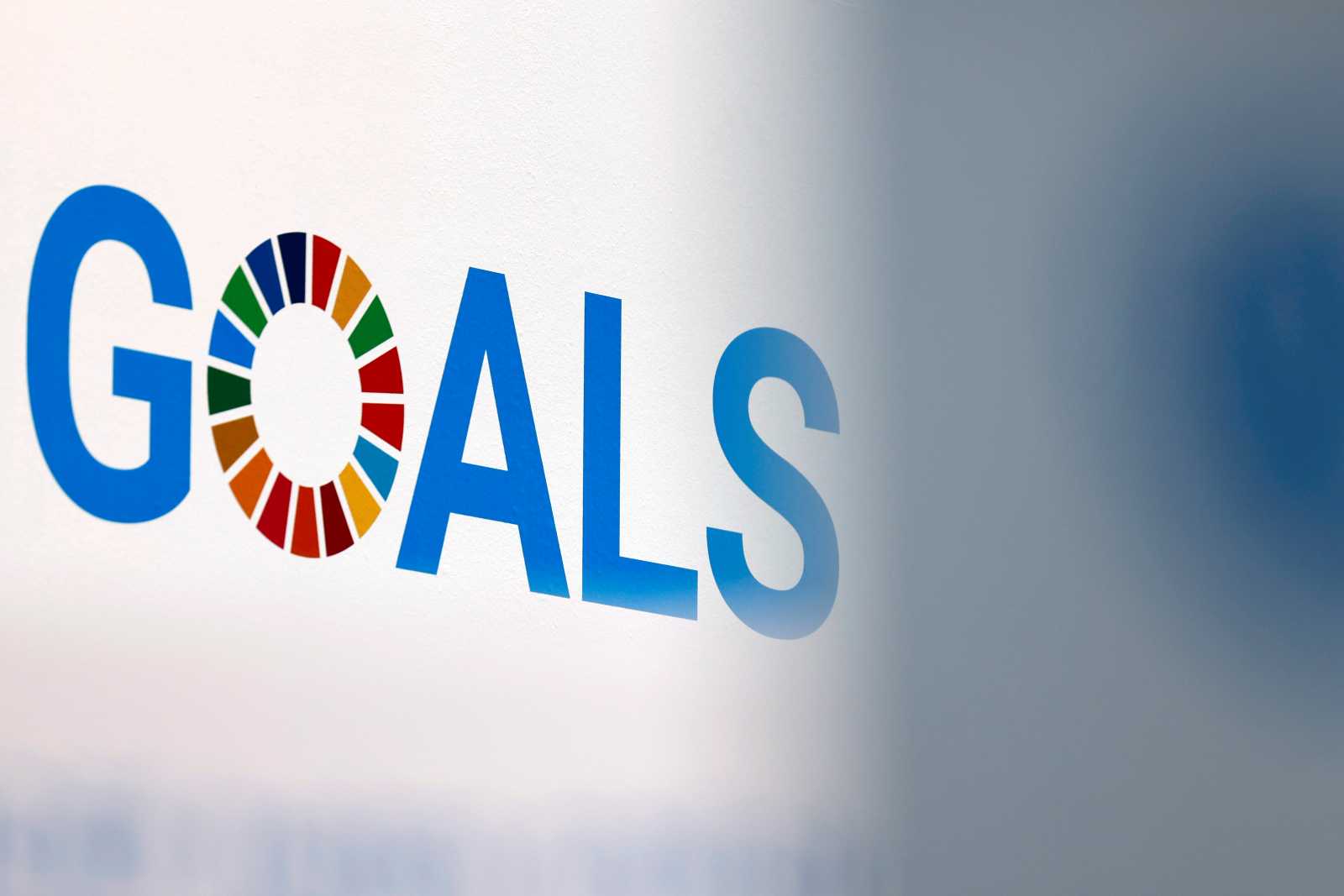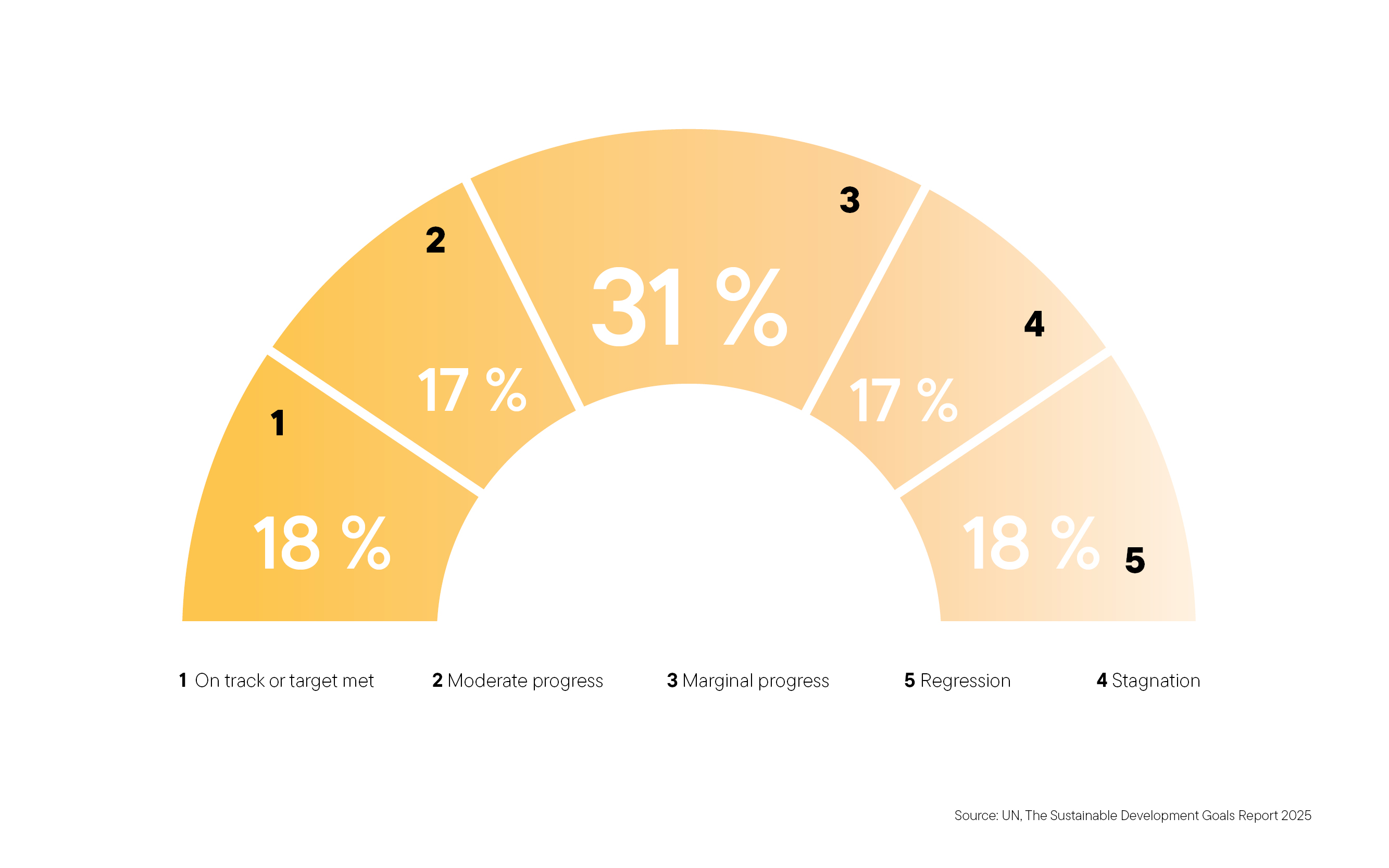Justiz-Angelegenheiten
“UN tribunals are helping”
[ Interview with Herta Däubler-Gmelin ]
Why must law courts be both independent and credible?
The independence of the judiciary is one of the most important principles of any modern system of law and order. After all, citizens will hardly begin to trust in the rule of law – and thus in the state as a whole – if judges or courts are corrupt or simply do not uphold the constitution and other legislations. Corrupt or partisan judges or courts thus undermine the stability of the state.
So how does one keep a check on judges, who, after all, are as fallible as all other human beings?
Incorrect rulings can be appealed. Citizens who believe that a judge has misinterpreted the law to their detriment can turn to a higher court, and have the case reviewed. Moreover, our police and the courts themselves are always on the lookout for corrupt judges. Politicians who intervene in the legal system are prosecuted and punished without mercy – and so is anyone else who tries to bribe judges. Moreover, judges are genuine professionals and need high academic grades and are well compensated for their work, both aspects help to make sure that they only feel bound by the law itself. Unambiguous, well-drafted laws also help to keep individuals and institutions independent. Finally, the public – that is: civil society and the media – must act as watchdogs. All of these factors are required to ensure the independence of the courts, and hence the faith that people have in the rule of law.
The modern notion of laws made by legislative bodies conflicts with traditional concepts (“that's the way it has always been done”) or the belief in God-given laws. How are such conflicts solved in practice?
Modern law systems must uphold a clear hierarchy of norms. At the very top, we find the constitution, which,as well as binding international human rights conventions, must include inalienable protection of human rights. All other laws, all action taken by the government and its agencies as well as rulings passed by judges are subject to this constitution. Traditional ideas, customs and mores that have been handed down must also match these standards and comply with human rights. If they violate human rights – consider, for instance, female genital mutilation or discrimination against women or minorities in general – then they simply have to be done away with. That may be controversial, but there is no alternative. However, open debate among those who practice, read and study law should help to move society towards acceptance of adequate legal standards.
Enforcing constitutional law is easier said than done.
Let me mention first, that lots of conflicts are especially likely in countries that do not separate religion and state, or that may not even want to do so. That is absolutely evident in some countries of the Muslim world today. Others, like Turkey and a number of Central Asian republics insist on a clear separation of mosque and state. In contrast, some countries like Saudi Arabia, Iran or others consider themselves “Islamic” states or even theocracies. They put their interpretation of the sharia above their constitution, above internationally ratified standards of human rights and other legislations. Some of these governments even consider the sharia the only source of legal norms. In doing so, they fail to recognise that religious commandments can always only apply to those who believe in that religion. Those countries who try to make people outside their faith observe such commandments violate human rights, and it is the state’s duty to protect those human rights. Separation of religion and state is essential. In Europe, the common people as well as rulers only learned this lesson painfully after centuries of terrible “confessional wars”. Separating church and state is fundamental for universal human rights.
For the past decade, the World Bank has been emphasising good governance. Nonetheless, it has not done very much in support of judicial reforms. Donors in general do not seem to be paying much attention to these issues. Is that inevitably so because such reforms are domestic matters? Shouldn’t agencies promoting development take more account of these matters in our era of globalisation?
The ubiquitously acknowledged principle of good governance certainly includes the establishment of institutions that protect and enforce the constitution as well as law and order. Progress can be made along numerous lines. For instance, China is not only booming economically and making great progress in the fields of education and capacity building, but also increasingly moving towards a sense accepting the importance of laws, as opposed to order imposed by lawless government authorities. Furthermore, several African governments are very serious about drafting and enforcing laws as well as establishing a professional judiciary. Obviously, however, much remains to be done.
A particularly challenging time is the transition from authoritarian rule – or, even worse, complete lawlessness during a civil war – to a new system of rule by law. What needs to be done for such transitions to succeed?
Over the past few decades, a number of completely different transition paths have been tried out in a various parts of the world, moving on from tyranny or civil strife to constitutional systems of law and order. After the end of the Cold War, most of the countries in Central and Eastern Europe that had been part of the Soviet Union managed the transition successfully. In re-united Germany, judges, state prosecutors and lawyers from the former West Germany helped to set up the legal system in the East. Poland, the Czech Republic and other countries received support from partner governments being members of the Council of Europe or the European Union. The United Nations has also come up with models to assist judicial transitions. Today, all this experience and all these cooperation models can be made available anywhere else. Certainly, however, the transition to the rule of law in the modern sense will always cost time, effort and money.
Where do you see promising developments?
After the end of apartheid, the Republic of South Africa set up an independent legal system, and that system is certainly exemplary. The UN, the African Union and the EU are helping out in other African countries, such as Rwanda or Uganda. In cooperation with national courts, UN tribunals are also helping to establish the rule of law. Besides the exemplary International Criminal Court in the Hague with its global approach other promising approaches are the International Criminal Tribunal for the Former Yugoslavia (ICTY) in The Hague or the International Criminal Tribunal for Rwanda (ICTR) in Arusha.
The rule of law is decisive for business – after all, markets only operate smoothly if contracts are indeed legally binding.
I think everyone now agrees that business does not really stand much of a chance under arbitrary despotic regimes. Rather, industries need a set of rules that are reliably enforced. Unsurprisingly, we see a general trend towards a certain level of acknowledge of the importance to act according to law as countries join the World Trade Organisation, for instance. However, our demands for human rights, democracy, and law and order go far beyond that. It is indispensable that peoples’ needs be considered on top of business needs. Only that will ensure a humane level of justice, and thus any given society’s stability. Democracy, a sound judiciary and human rights are indispensable for any society that wishes to remain stable in the long run. Of course, all of this applies to Germany too. We need fairness, not just the fastest possible economic growth.








